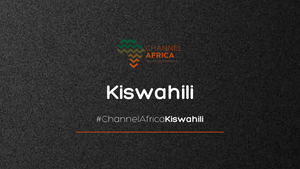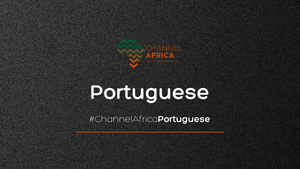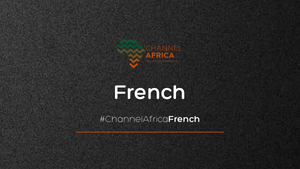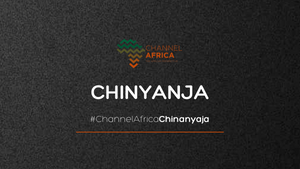This is where a high-level pandemic simulation exercise was conducted to test global readiness for future health crises.
The exercise, held on Wednesday, aimed to identify critical gaps in the mobilisation, deployment, and equitable access to medical countermeasures such as vaccines. The session used a dynamic, scenario-based format to highlight challenges in supply chains, emergency regulatory responses, logistics, and vaccine access, particularly in low-resource settings.
At the heart of the meeting was the urgency to avoid a repeat of the COVID-19 pandemic, which left much of the world, particularly low and middle-income countries, scrambling for vaccine access. The simulation sought to inform future G20 strategies to ensure countries are better prepared to respond swiftly and equitably in the face of the next global health emergency.
Neren Rau, Policy Director at the Coalition for Epidemic Preparedness Innovations (CEPI), stressed the importance of vaccine accessibility. “It’s not just about speed,” he said.
“We fail if we can’t ensure people who need vaccines actually receive them.” CEPI’s approach includes bringing manufacturing processes closer to vulnerable regions and embedding equitable access clauses into its funding agreements.
Rau also highlighted the importance of adapting vaccine technology to the conditions of the Global South, noting the need for thermal stability to ensure distribution in regions with extreme climates. He pointed to ongoing collaboration with global partners such as Gavi, United Nations Children's Fund (UNICEF), and the World Health Organisation to support vaccine delivery.
Deputy Director-General of SA’s Health Department, Dr Anban Pillay, said the meeting focused on learning from COVID-19 to strengthen future responses. “What are the gaps globally we need to plug if another pandemic strikes tomorrow?” he asked.
Pillay also emphasised the importance of political commitment. “At the time of crisis, countries cannot be scrambling for funds, it will be too late,” he warned.
The meeting comes as the World Health Organization’s new pandemic agreement seeks to formalise global co-ordination in pandemic prevention, preparedness, and response, ushering in a more united approach to future health threats.
--ChannelAfrica--












